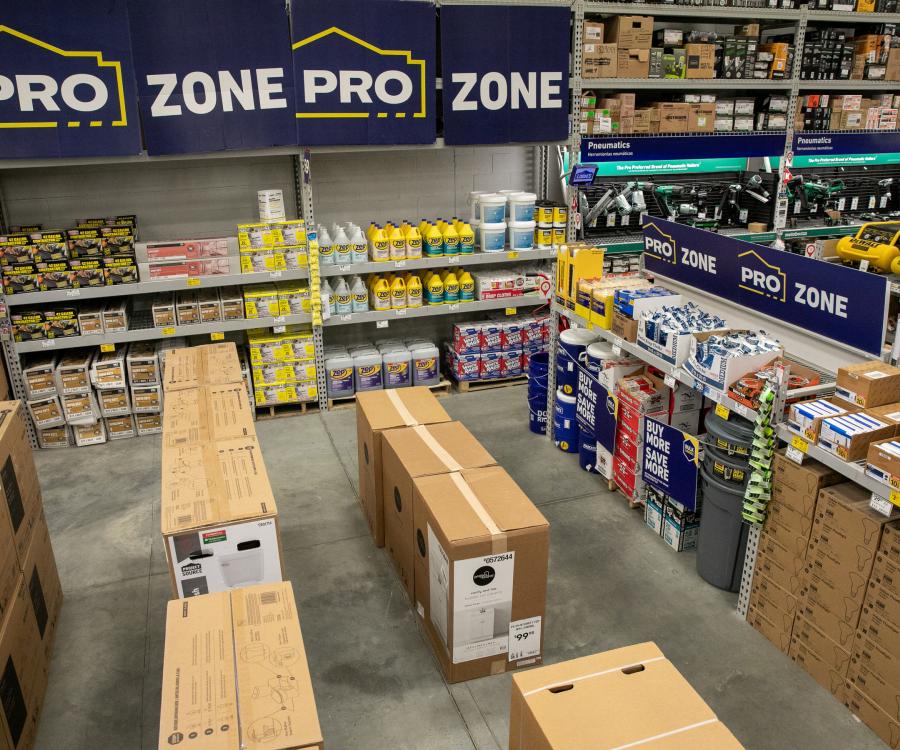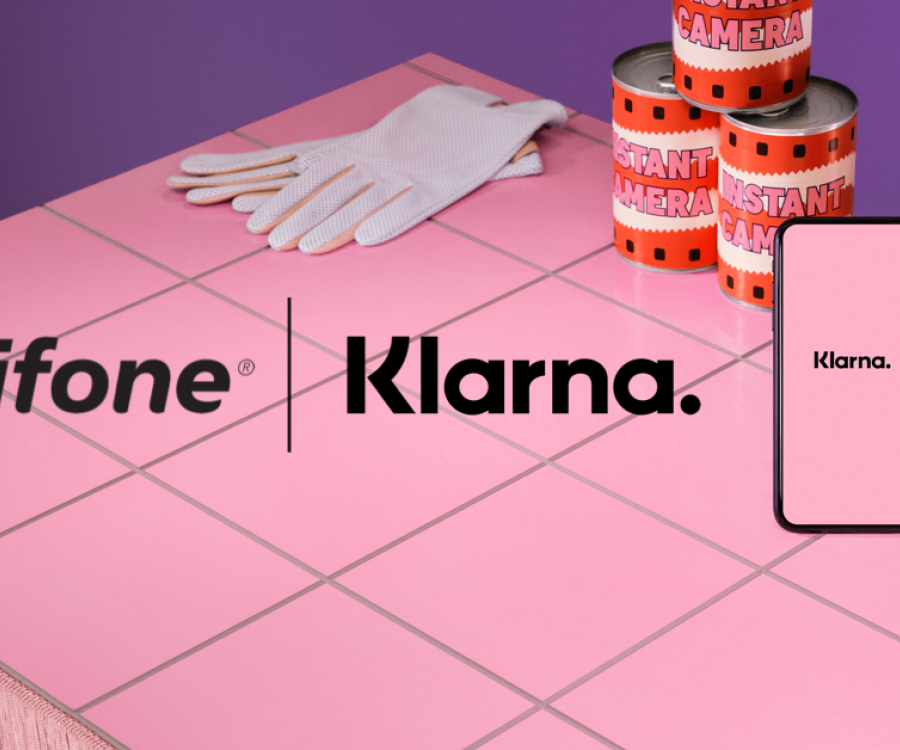Sailthru announced the results of the 2022 Retail Personalization Index. Thrive Market, the health-first membership for conscious living, and Sephora, global beauty retailer, have tied for the top spot in the 5th annual analysis.

Thrive Market earned high scores for its sophisticated mobile app and email experiences using a data-driven personalization strategy that enriches the entire customer experience. Sephora saw success for its highly orchestrated online and in-store personalization approach based on loyalty and experiential marketing. DSW earned the third spot for its personalized communications during a customer’s first interactions with the brand and an online shopping experience that mirrors the one in store. With a combination of DTC start-ups and large brick-and-mortar companies at the forefront this year, top performers prove that every type of retailer can use the zero- and first-party data they collect to create highly successful personalization strategies that deliver more value for customers and higher returns for brands.
Data strategies for personalized experiences
“Over the past two years, brands have had to focus on short-term gains, whereas consumers have increased their expectations for meaningful personalization both online and in store. That means there is now a lot of work to be done in order for brands to meet these new customer expectations and see successful revenue generation at the same time,” said Jason Grunberg, General Manager at Sailthru. “With more retailers turning to zero- and first-party data strategies to drive the future of marketing, it is more important than ever to create value-driven personalized engagement with customers to collect insights that offer continuously better experiences – and revenue opportunities – across every touchpoint.”
Top five scoring brands in the 2022 Retail Personalization Index:
- Thrive Market and Sephora
- DSW
- Best Buy
- Adidas
“Our approach to personalization creates incredible value for our members – and drives strong performance for the business,” said Lindsay McGovern, Senior Director of CRM & Lifestyle at Thrive Market. “We see an accelerated first-to-purchase experience, stronger repeat purchase rates, and higher overall lifetime value.”
While Thrive Market dominated the mobile category with its highly intuitive app that is driven by past purchases and preferences, Sephora topped the website category with a robust loyalty-driven experience that makes the beauty retailer’s vast product catalog feel relevant to millions of customers – and seamlessly connects online experiences to in-store shopping.
Email also proved to be a top performing channel for DTC and native digital brands, such as 1stDibs, Wayfair and Fashion Nova, which jumped from 69th in 2021 to 12th place in this year’s overall ranking. Ranked sixth, Fabletics scored highest in email for its advanced product filtering and curated product recommendations among many features. Thrive Market also earned high marks for its email approach, in which the brand delivers an experience that is immediately personalized from onboarding data and continues to integrate even more advanced personalization elements over time. The brand also includes a combination of newsletters and triggered content in its emails that help gather additional insights and drive more sales.
Personalized communication drives engagement
Consumers are aware of the value exchange that drives personalization and favor brands that offer personalized experiences. A study commissioned by Coresight Research and Sailthru as part of the 2022 Retail Personalization index, found that 71% of consumers will shop more often with brands or retailers that personalize their communications.
While the vast majority (98%) of retail marketers use some form of advanced personalization, many are not delivering personalized experiences that live up to consumer expectations. While 71% of retailers think they excel in personalization in marketing, only 34% of consumers agree. It is critically important for retailers to develop more value-driven personalization that encourages true consumer engagement across channels and supports zero- and first-party data collection to support personalized marketing and commerce in the future. There is ample opportunity for retail brands who rise to the challenge, as 80% of consumers noted that they would share data in exchange for deals and offers, while 70% would share data for loyalty points.








